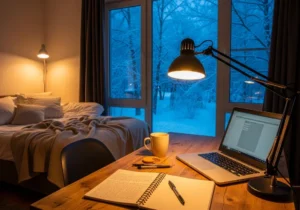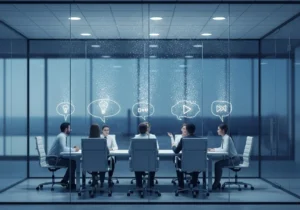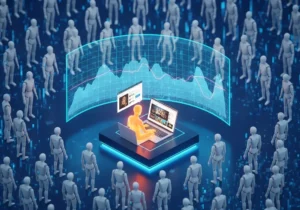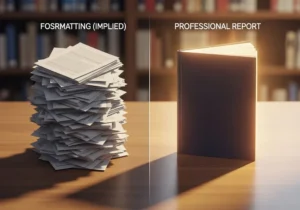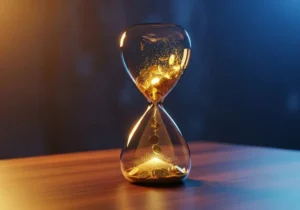
Introduction
Evening Classes for Veterans offer a low-pressure bridge between military service and civilian careers, giving former service members the freedom to train after duty hours, family time, or a day job. The classroom lights may be softer than those on a drill field, yet the skills learned under them can be just as life-changing. These flexible programs allow learners to upskill while preserving the structure and camaraderie they valued in uniform minus the 0500 reveille.
1. The Transition Gap
Leaving the military often means swapping a tightly defined mission for an open-ended question: “What’s next?” Evening Classes for Veterans meet that uncertainty head-on by translating leadership, problem-solving, and technical skills into credentials employers recognize. Add in a veteran-friendly cohort, and each night session feels less like starting over and more like repurposing hard-won experience.
2. Why Evening Schedules Work
The appeal is simple: daytime belongs to work searches, medical appointments, or family obligations, while nights deliver quiet focus. Evening Classes for Veterans remove the need to choose between providing for loved ones and preparing for a future career. Instructors understand that students might still be drilling with Reserve units or navigating VA paperwork, so coursework is paced with empathy and real-world respect.
3. Program Formats That Fit
Community colleges, vocational centers, and four-year universities all design Evening Classes for Veterans with stackable credentials—certificates that can roll into associate or bachelor’s degrees. Some offerings are hybrid, mixing two on-campus nights with online labs, while others run in eight-week bursts so students can commit, conquer, and move on. For hands-on career fields like HVAC or welding, labs open after 5 p.m., proving Evening Classes for Veterans can deliver both theory and torque without disrupting the day shift.
4. Support Services You Can Count On
Dedicated veteran advisers help translate JST transcripts, unlock tuition assistance, and coordinate disability accommodations. Tutoring hubs provide math, writing, and computer refreshers often staffed by peers who walked the same path. One digital resource worth bookmarking is EBS Learning Tools, a free platform of flashcards and quizzes that syncs perfectly with late-night study sessions.
5. Success Stories That Inspire
Consider Marcus, an artillery NCO who felt he had maxed out promotion potential. He enrolled in cybersecurity Evening Classes for Veterans, earning CompTIA certifications that doubled his salary in less than a year. Or Denise, an Army medic who pivoted into nursing through evening prerequisites, using the GI Bill to cover clinical rotations. Each tale underscores how Evening Classes for Veterans transform tactical experience into strategic career moves.
6. Balancing Family, Work, and Study
Childcare can be the biggest hurdle, so many campuses offer extended-hour drop-in centers funded by state grants. Meal-prep Sundays keep weeknight nutrition on track, and setting a “tech-free hour” before class helps spouses and kids feel seen. By treating Evening Classes for Veterans like a shared family mission, learners model resilience while avoiding burnout. Even 20-minute micro-study blocks flashcards during a child’s soccer practice become part of a sustainable plan anchored around Evening Classes for Veterans rather than squeezed in begrudgingly afterward
7. Choosing the Right Course
Start by listing post-service goals: promotion, career switch, or personal growth. Next, cross-check regional labor data to verify demand. Then ask three veteran-specific questions: Does the school accept military credit? Are advisers trained in VA benefits? Does the syllabus include networking events with veteran-friendly employers? If all answers line up, the Evening Classes for Veterans you’re eyeing are worth the commitment. A campus tour at dusk when classes actually meet offers a candid vibe check before tuition dollars leave your pocket.
8. Getting Started Tonight
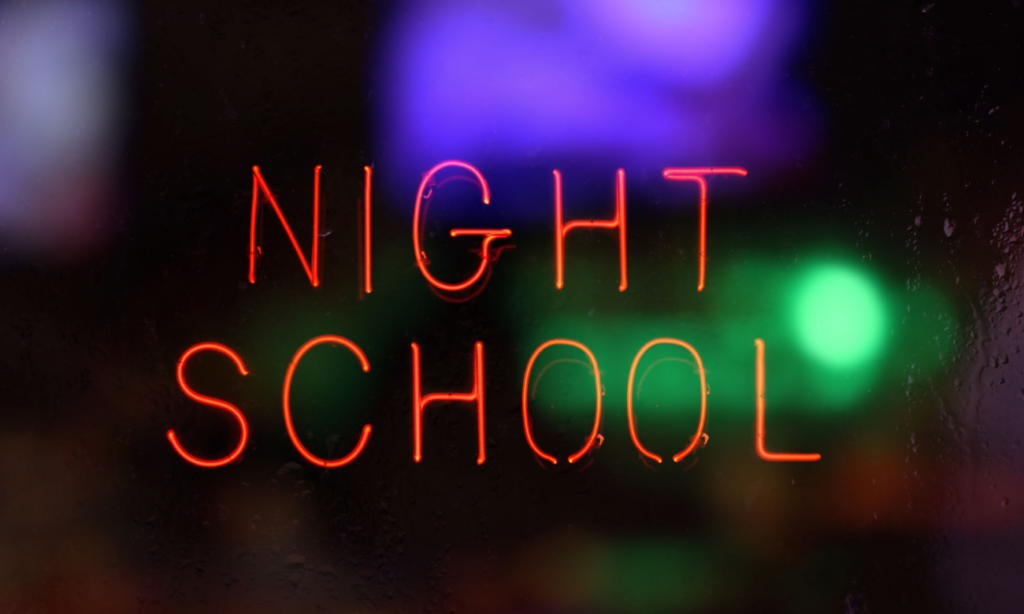
Most colleges allow rolling admissions for certificate tracks, so an application submitted on Monday can lead to orientation within weeks. Secure transcripts, activate the GI Bill, and shop for supplies early to avoid first-week stress. Build a digital calendar that blocks class hours in bold and study blocks in lighter shades; the visual hierarchy reminds you that Evening Classes for Veterans are the nightly anchor, not the optional extra. Reach out to the campus veterans’ club before day one they’ll flag hidden scholarships and share insider tips that turn good intentions into graduation photos.
Conclusion
The period after service doesn’t have to feel like free-fall. Evening Classes for Veterans provide a structured runway, guiding aircraft-carrier discipline into civilian flight paths. Whether the goal is an IT badge, a nursing pin, or simply a fresh chapter where skills shine in new ways, Evening Classes for Veterans light that runway every night, all year, until wheels are up and milestones are met.

I’m Ethan Richards, the guy running the show at “Acknowledgment Templates.” I’ve been playing with expressions and formats to make acknowledgment writing a whole lot of fun. Over at Acknowledgment Templates, we’re here to make your acknowledgment section incredible. Let’s add some professionalism and gratitude to your project together!



